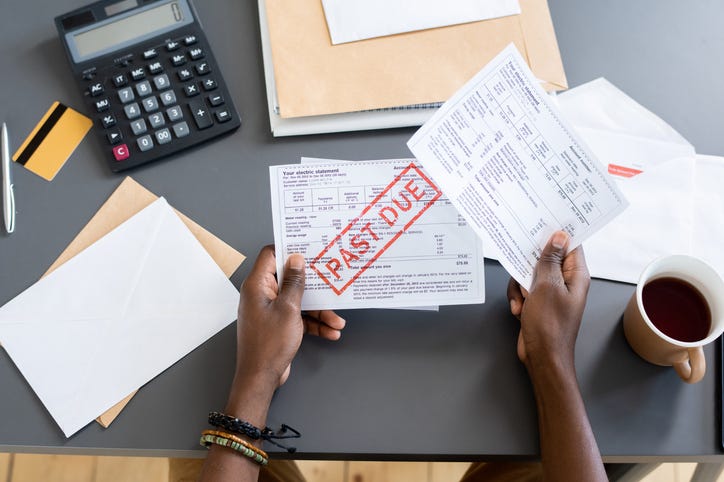
The national debt hit a record $35 trillion -- and it's time to think about how we got here.
Guy Williams, president of Gulf Coast Bank, joined WWL's Newell Normand to discuss the debt that represents $103,956 per year for every single person in America.
"Where's this gone? And how does this end?" Newell asked.
"Unfortunately, the Congressional Budget Office says that it is going to continue to go higher," Williams said. "And the challenge is it can't last forever. I mean, we we can certainly borrow for a while. And I think one way to think about it is if you imagine that, people inherited a business from their dad and it was very well run, good working capital, great credit, no debt. And they started to spend more than they took it and they started to increase debt. Well, for a while you would never notice a problem because the dad was very thrifty. The business was in great shape and so things were in good shape, and it looked like they could keep doing this forever. But eventually they'll reach the point where they can't borrow anymore."
For the United States, the challenge is not that we won't be able to borrow anymore, but that the price will go up, he added. So interest rates will go up or inflation will go up.
There really are only three ways to solve the deficit problem: Spend less. Inflate the debt so that you're repaying it with cheaper dollars, or just keep borrowing at a higher price and ignore it, Williams explained.
"So it's tough to solve this problem," he said. "We've talked about taxes, and one of the challenges for the US government is you can't take more than 20% out of the economy in terms of taxes with our current tax code. And the reason I say that if you go all the way back to World War Two, the highest amount of tax income we've ever had was 20%.
"And that was during World War two. And we were literally fighting for survival of democracy worldwide. So we're spending about 26 to 27% of GDP and collecting about 17.5 to 19, depending on the year. So we're spending significantly more than our ability to bring in tax revenue. And that's that's the challenge that we face. And unfortunately we don't have serious solutions from either party."
